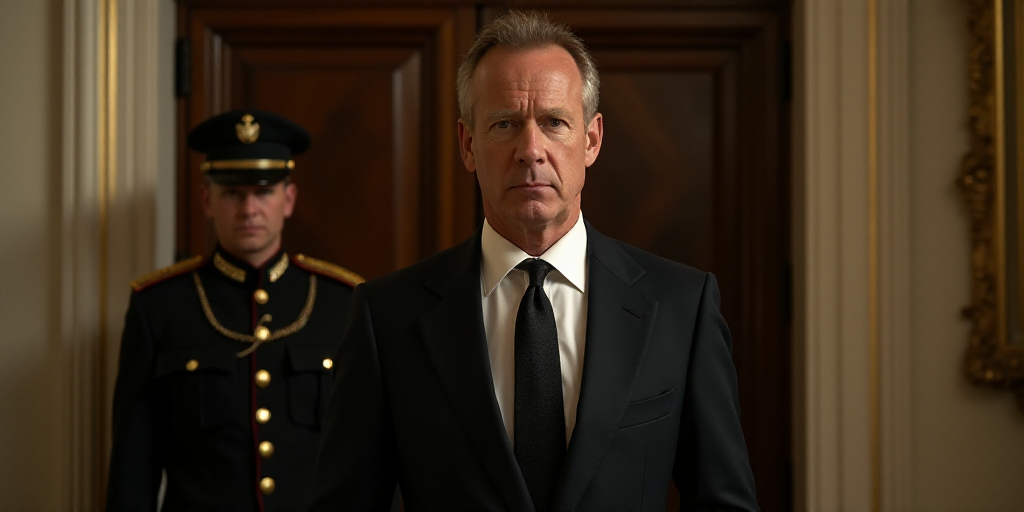Background on Key Figures and Context
Donald Trump, the 45th President of the United States, has been a central figure in global politics since his inauguration in January 2017. His administration has been marked by controversial policies and decisions, both domestically and internationally. In this instance, Trump asserts that his country’s intervention prevented a catastrophic nuclear conflict between two South Asian nuclear powers, India and Pakistan.
Who are India and Pakistan?
India and Pakistan are neighboring countries in South Asia, both having gained independence from British colonial rule in 1947. The partition led to communal violence and the displacement of millions of people. Both nations have since developed their own distinct political, economic, and military systems. India is the world’s largest democracy, while Pakistan is an Islamic republic with a history of military coups and civilian governments.
Nuclear-Armed Rivals
Both India and Pakistan are nuclear-armed states, with each possessing enough warheads to cause significant destruction. The nuclear rivalry between the two countries has been marked by periods of tension and conflict, including wars in 1947, 1965, 1971, and a standoff in 1999. The risk of nuclear escalation has been a persistent concern for the international community.
Key Events and Trump’s Claims
Escalating Tensions:
- In early 2020, tensions between India and Pakistan escalated following a suicide bombing in Kashmir, which India blamed on Pakistan.
- Both countries exchanged airstrikes in the disputed region of Kashmir, raising fears of a full-blown conflict.
U.S. Intervention and Trump’s Statements:
- President Trump claimed credit for mediating a ceasefire between India and Pakistan, stating that his country’s intervention prevented a “bad nuclear war.”
- Trump emphasized the gravity of the situation, suggesting that millions could have perished in a nuclear conflict.
Reactions and Analysis
While Trump’s claims have been met with praise from some quarters, others have expressed skepticism. Critics argue that the U.S. had limited direct influence over the conflict and that India and Pakistan ultimately decided to de-escalate due to mutual self-interest.
Key Questions and Answers
- Q: Who are India and Pakistan, and why are they relevant?
A: India and Pakistan are neighboring South Asian nations with a history of conflict, including disputes over the Kashmir region. Both countries are nuclear-armed, making their rivalry a significant concern for global security. - Q: What led to the recent tensions between India and Pakistan?
A: Tensions escalated following a suicide bombing in Kashmir, which India attributed to Pakistan. The incident prompted airstrikes by both countries in the disputed region, heightening fears of a larger conflict. - Q: What did President Trump claim regarding the situation?
A: Trump asserted that U.S. intervention prevented a “bad nuclear war” between India and Pakistan, suggesting that his country’s efforts averted a catastrophic conflict. - Q: How have reactions been to Trump’s claims?
A: Reactions have been mixed, with some praising the U.S. for mediating the ceasefire while others question the extent of American influence in resolving the conflict.






